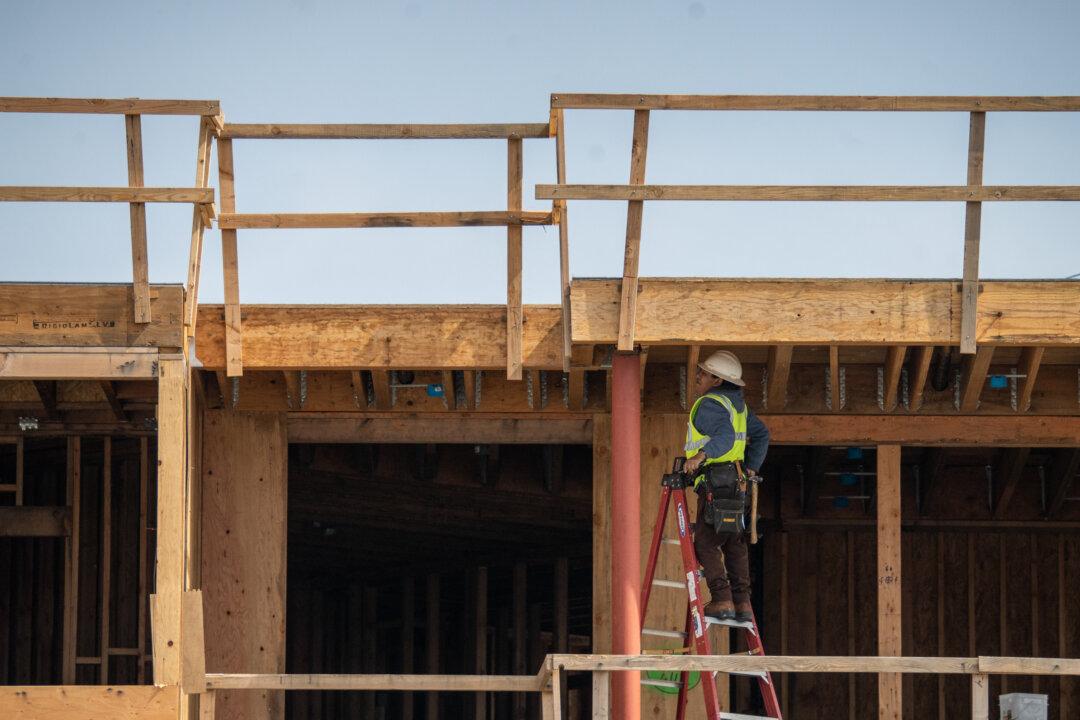California law, since 2018, has allowed for a streamlined approval process for certain affordable and multifamily housing projects, allowing developers to bypass timely and costly environmental reviews, public input, and receive expedited approval by local governments.
Signed into law by then Gov. Jerry Brown, Senate Bill 35 allows a streamlined approval process for such projects—excluding those in coastal and fire danger zones—in cities that have failed to meet state-mandated housing goals.





